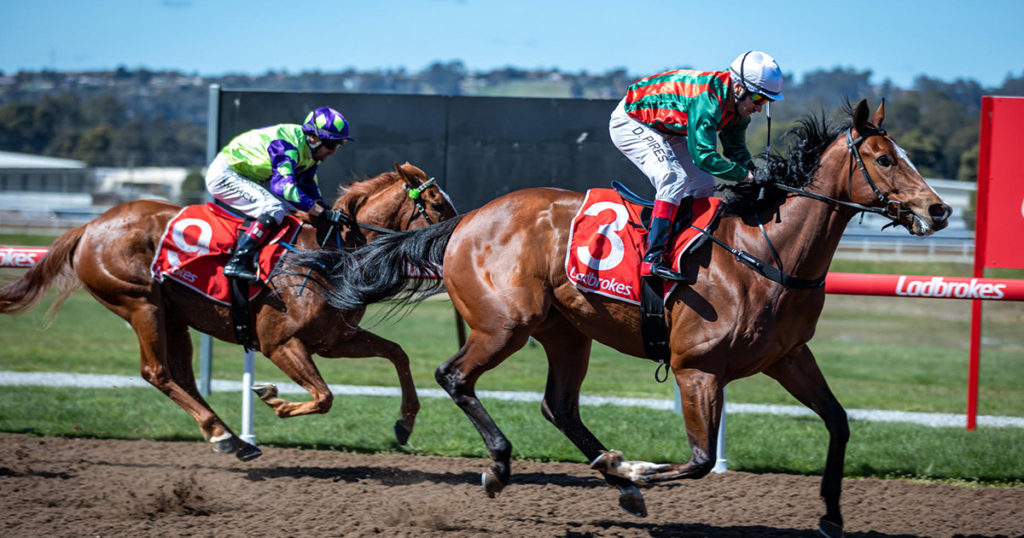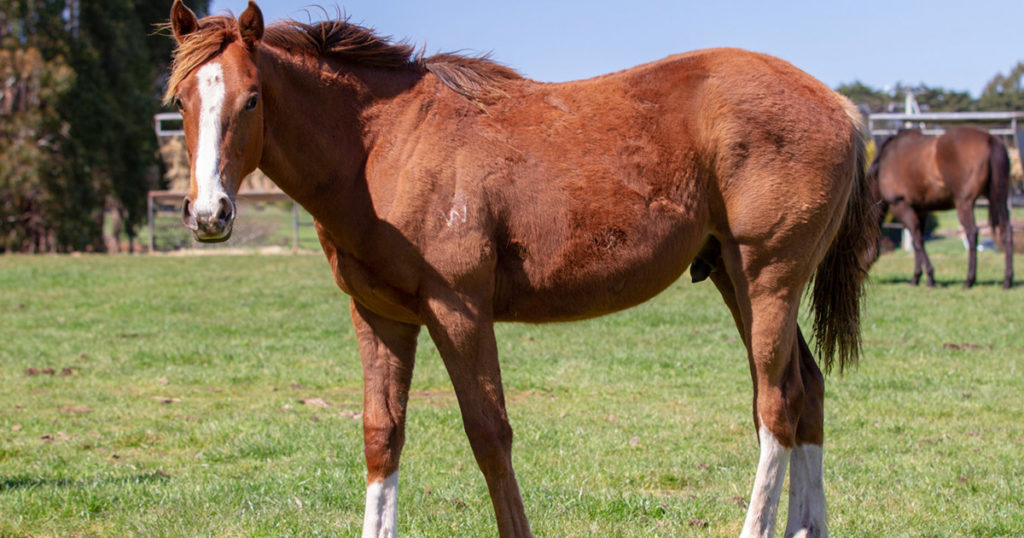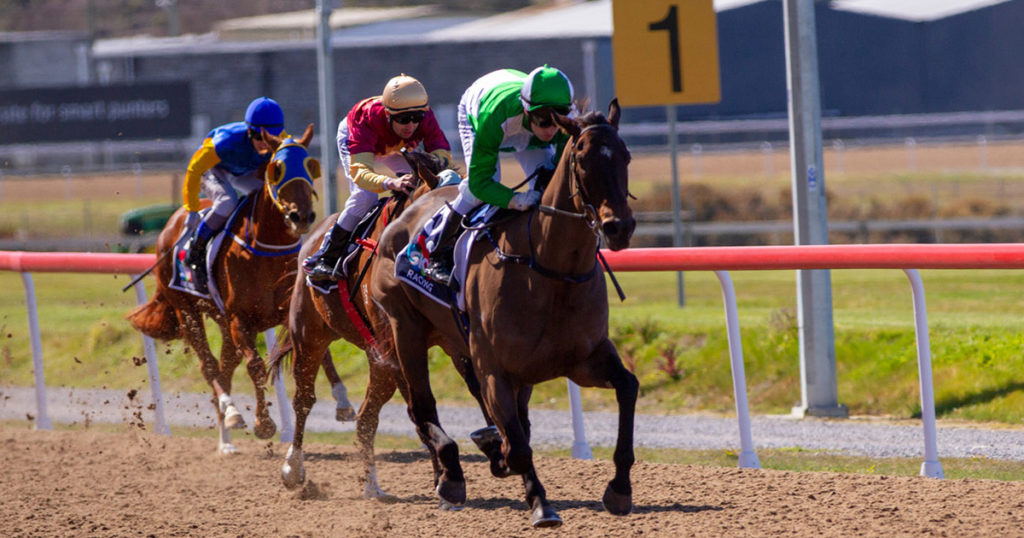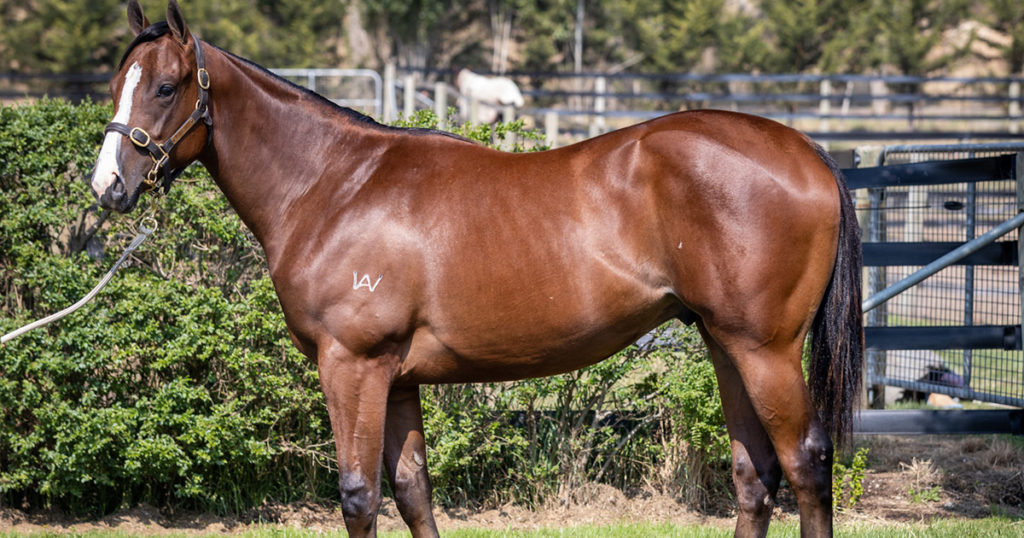We all want to help support our horse’s recovery post-exercise, a hard event or race. We want to reduce their soreness and help their muscles, tendons, ligaments and bones be in tip-top shape so they can capitalise upon their improvements in strength and fitness from exercise.
In many cases, a non-steroidal anti-inflammatory drug (NSAID) such as phenylbutazone (bute/PBZ) is used with the belief that it may help our horses. Other NSAIDs that may be used include flunixin (Banamine), meloxicam, aspirin or firocoxib.
When our horses undertake hard exercise, micro damage occurs in connective tissue (bones, muscles, tendons, ligaments). This micro damage is normal and is an important part of how our horses get stronger, fitter and adapt to training. Natural prostaglandins (special hormone-like compounds produced by the horse’s body) are produced in response to exercise and help to promote blood flow and to heal connective tissue after exercise. These prostaglandins play a key role in inflammation. We tend to think of inflammation as ‘harmful’ and excessive inflammation can negatively impact our horse’s health. There is a happy medium, however, and our horses need a certain amount of inflammation, particularly post-exercise to promote healing and recovery. When our horses are given NSAIDs, the production of these important prostaglandins is inhibited, in turn reducing our horse’s normal healing capacity and adaptation to training.
Furthermore, we know that the use of NSAIDs has adverse effects on gastrointestinal (GI) health. These drugs can cause damage to both the lining of the stomach and intestines, contribute to ulcers (both stomach and colonic) and cause undesirable changes in GI microflora (to read more, visit Inflammation & Non-Steroidal Anti-Inflammatories in Horses). The effects of NSAIDs on GI health can further compromise recovery and adaptation to exercise in addition to the direct effects of impaired prostaglandin synthesis.
Whilst excessive levels of inflammation in horses can contribute to poor health, a certain amount of natural inflammation, particularly post-exercise is absolutely key to optimal recovery and improving fitness and strength.

Camilla Whishaw is a highly regarded, experienced horsewoman and naturopath, helping to holistically treat and manage a broad range of equine health conditions and injuries, with a passion for mare and stallion fertility.
As a world-renowned practitioner, presenter, author, and consultant in the field of Equine Naturopathy, Camilla shares her knowledge through keynote presentations, interviews, lectures, panel sessions, and workshop training.





